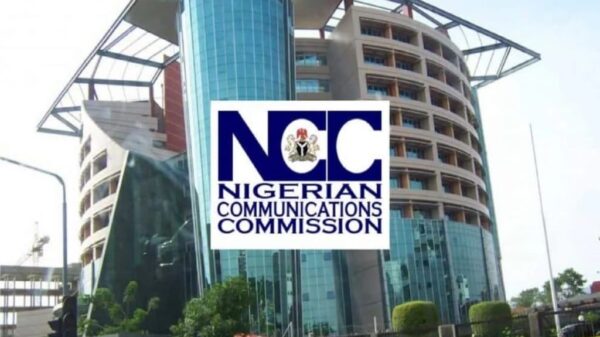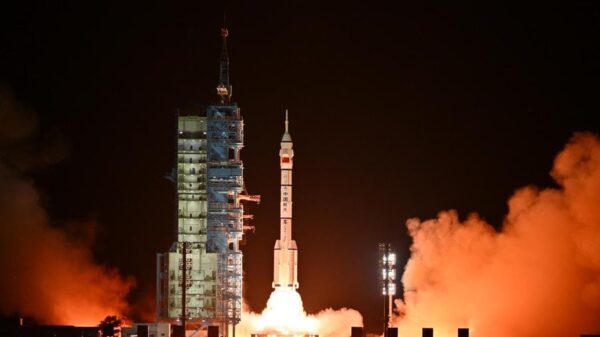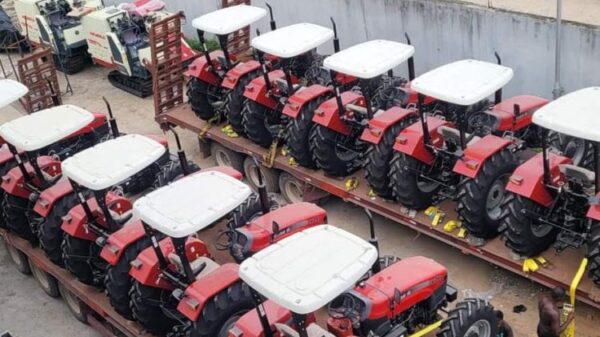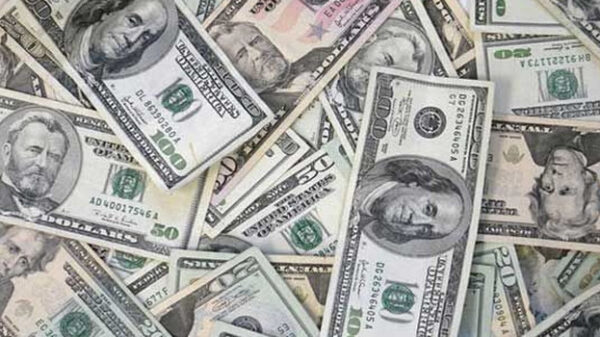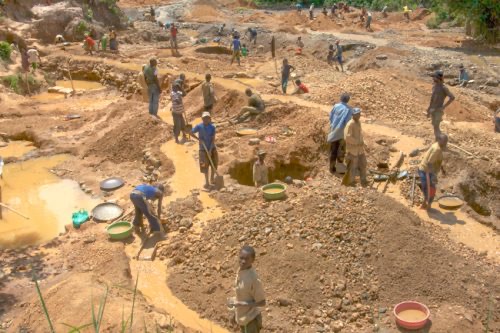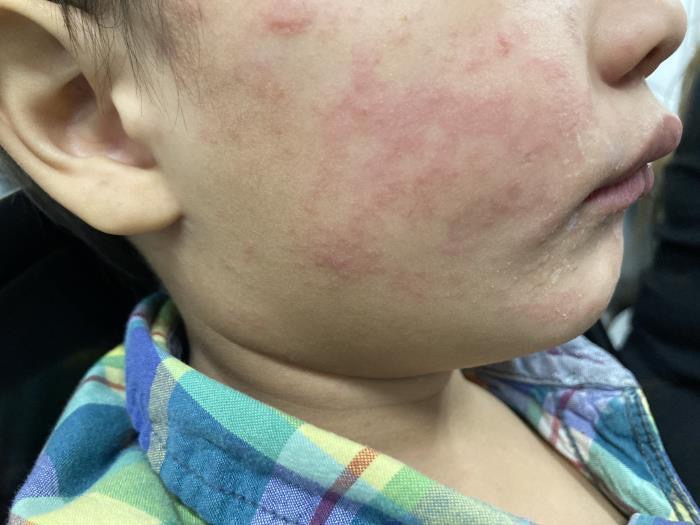Global measles cases have increased by 20 per cent to over 10.3 million cases in 2023, compared to nine million cases recorded in 2022.
The data was released in a joint publication by the World Health Organisation (WHO) and the United States Centres for Disease Control and Prevention (CDC) on Thursday.
The publication is the “2024 WHO-CDC Measles Report and the State of Measles Vaccination in Lower-income Countries.”
The report showed deaths from measles dropped to 107,500 from 116,800, an eight per cent decline compared to 2022 figures.
According to the report, 57 countries experienced outbreaks in 2023, revealing gaps in vaccine coverage.
“African countries have, however, exhibited resilience and increased vaccine coverage by two percentage points to 70 per cent amid a rising birth cohort and competing public health priorities,” the report said.
Measles is a highly contagious, serious airborne disease caused by a virus that can lead to severe complications and death. It can affect anyone but is most common in children.
It requires at least 95 per cent vaccine coverage with two doses of measles or rubella vaccine to prevent outbreaks.
“The continuing trend of measles outbreaks in low-income countries as well as high-and middle-income countries is a stark reminder of the ongoing need to address gaps in coverage everywhere,” it said.
In response, Gavi, the Vaccine Alliance, in partnership with lower-income countries, has focused on strengthening routine immunisation through the introduction of a second dose of measles-containing vaccine.
It also implements timely, quality preventive campaigns to further reduce the risk of outbreaks.
It said timely, high-coverage campaigns reaching un- and under-immunised children are key to closing growing immunity gaps, particularly in countries with routine immunisation challenges and in fragile and conflict settings.
Gavi also funds measles outbreak response in lower-income countries through the Measles and Rubella Partnership’s Outbreak Response Fund.
“In 2024, Gavi is supporting governments, communities and partners to roll out preventive catch-up and follow-up campaigns to reach up to 100 million children with measles-containing vaccines in 24 countries.
“This builds on efforts from 2023, where Gavi supported 11 lower-income countries to reach 8.5 million children with measles-containing vaccines.
“Vaccination efforts in 2024 have also been boosted through Gavi Board approval of $290 million in funding for the “Big Catch Up” initiative, focused on supporting countries to close immunity gaps created due to disrupted immunisation programmes during the COVID-19 pandemic.
“Combined, this represents one of the largest pushes against measles in lower-income countries in the Alliance’s 24-year history,” it said.
The report stressed that such sustained efforts across countries are critical in driving up coverage towards the 95 per cent coverage required to curb outbreaks.
“We must sustain this effort to reach the high levels of coverage needed to prevent outbreaks and deaths: every child deserves to be protected from measles, and often it is the most vulnerable at risk.
“Gavi is committed to ensuring each child has equal access to the lifesaving power of vaccines,” Derrick Sim, Chief Vaccines Programmes and Markets Officer at Gavi, the Vaccine Alliance said.
The report added that in 2025, Gavi would continue working with partners to support countries to switch to five-dose vials, which can help increase coverage and reduce wastage.
It noted that the measles-containing vaccine is safe, effective and inexpensive, adding that highly effective measles vaccination campaigns are needed to supplement routine immunisation.
Children are required to receive two doses of the vaccine to ensure immunity: the first routine dose usually at nine months and the second dose at 15 to 18 months of age.
The News Agency of Nigeria (NAN) reports that Gavi supports lower-income countries to introduce two doses of measles-containing vaccine (MCV1 and MCV2) into routine programmes.
The Vaccine Alliance supports measles immunisation activities in lower-income countries in close collaboration with WHO, UNICEF, CDC, UN Foundation, the Bill & Melinda Gates Foundation, the American Red Cross and other partners.
Nigeria is among 24 countries whose applications for catch-up and follow-up campaigns were approved by Gavi’s Independent Review Committee (IRC) of experts, aiming to reach over 100 million children in 2024.





